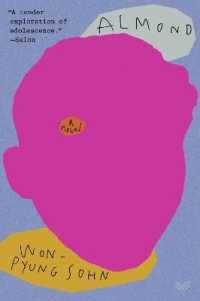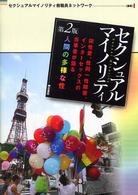Full Description
The emergence of the Chinese socialist realist novel can best be understood in light of the half-century long formation of the modern concept of literature in China. Globalized in the wake of modern capitalism, literary modernity configures the literary text in a relationship to both modern philosophy and literary theory. This book traces China's unique, complex, and creative articulation of literary modernity beginning with Lu Xun's "The True Story of Ah Q." Cai Yi's aesthetic theory of the type (dianxing) and the image (xingxiang) is then explored in relation to global currents in literary thought and philosophy, making possible a fundamental rethinking of Chinese socialist realist novels like Yang Mo's Song of Youth and Luo Guangbin and Yan Yiyan's Red Crag.
Contents
Introduction: Toward a Genealogy of the Modern Concept of Literature in China
1. The Trials of Chinese Literary Realism
2. Lu Xun's Ah Q as "Gruesome Hybrid"
3. The Aesthetic Critique of Modernity in Chinese Marxism, New Criticism, and Adorno
4. Global/Modern Figurations of the Type in Cai Yi, Heidegger, and Whitman
5. Aesthetics and Desire in Yang Mo's Song of Youth
Conclusion: Exemplarity in Luo Guangbin and Yang Yiyan's Hongyan: From White Terror to "Red Classic"








